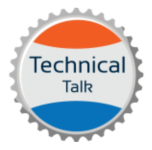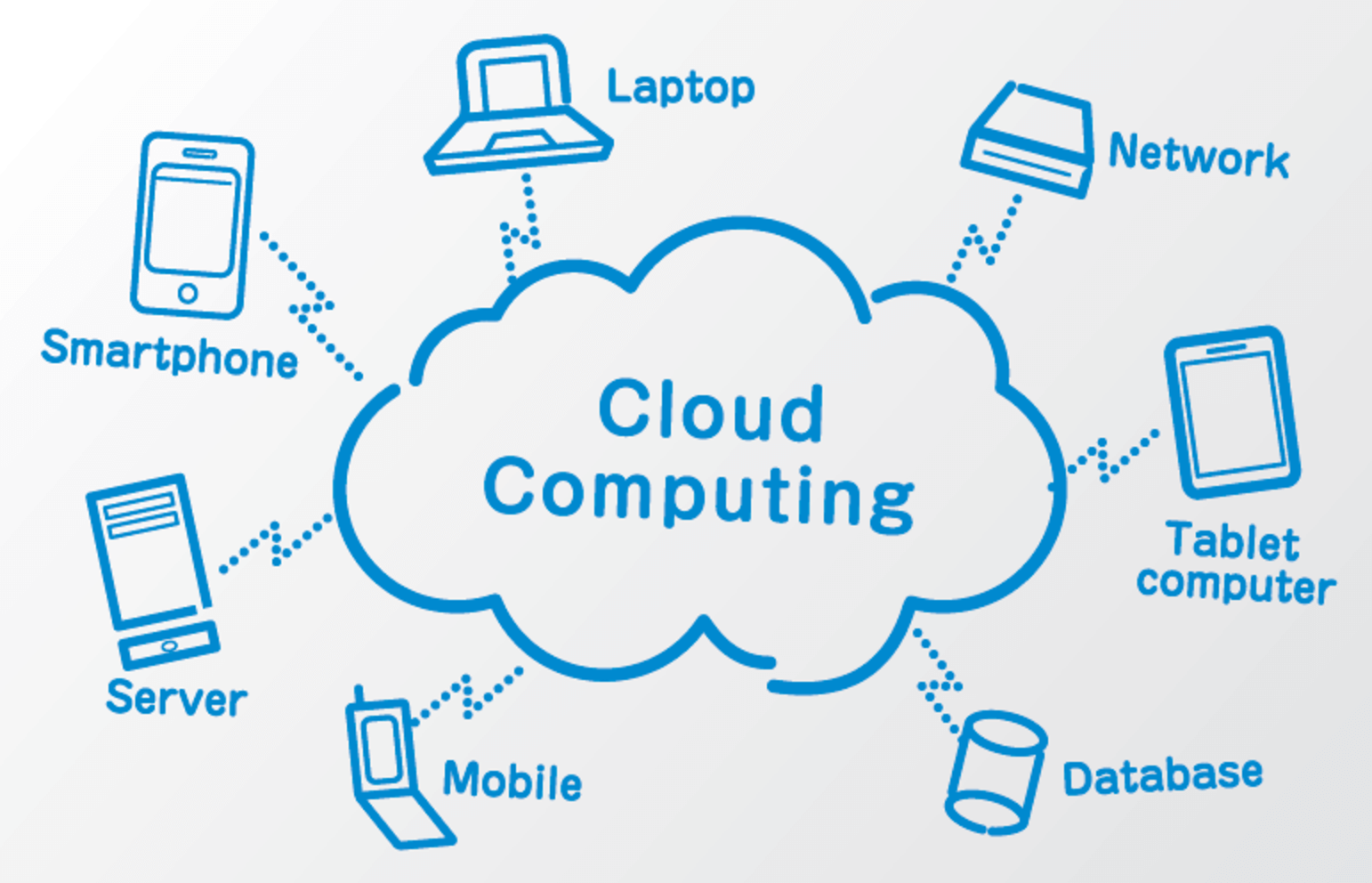Cloud computing stands as a linchpin in the technological tapestry, propelling innovation and transforming the dynamics of data interaction for businesses and individuals alike. Looking ahead, a constellation of trends is set to redefine the landscape of cloud computing services, ensuring they remain at the forefront of the digital frontier. In the vanguard of these trends is the seamless integration of edge computing. The proliferation of Internet of Things (IoT) devices is anticipated to converge with upcoming cloud services, ushering in an era characterized by reduced latency, heightened performance, and enhanced efficiency for real-time applications. Complementing this is the ascendance of serverless computing, poised to dominate with its promise of streamlined development, cost-effectiveness, and scalable resource utilization. These trends collectively underscore the dynamic trajectory that cloud computing services are charting, promising a future marked by innovation, efficiency, and transformative possibilities.
Edge Computing Integration
In response to the burgeoning ecosystem of Internet of Things (IoT) devices and applications, the future of cloud services intricately entwines with the evolution of edge computing. This symbiotic relationship aims to seamlessly integrate cloud capabilities with edge computing, marking a paradigm shift in data processing dynamics. Furthermore, as the volume of IoT devices continues to skyrocket, the convergence of cloud services and edge computing becomes imperative. This integration holds the promise of significantly reducing latency, elevating performance benchmarks, and fostering enhanced operational efficiency, particularly for applications that demand real-time responsiveness. The collaborative future of cloud and edge computing sets the stage for a technological landscape. Additionally, a platform where data processes at its inception, unlocking unprecedented possibilities for swift and agile.

Serverless Computing Dominance
More so, serverless computing, also known as Function as a Service (FaaS), is gaining momentum as a cloud computing paradigm. In the future, experts anticipate that this model will dominate, enabling developers to concentrate solely on code without the requirement to manage the underlying infrastructure.The serverless approach offers cost-effectiveness, scalability, and efficient resource utilization.
AI and Machine Learning Integration
Furthermore, Artificial Intelligence (AI) and Machine Learning (ML) are becoming integral parts of various applications. Cloud services are evolving to provide robust platforms for AI and ML development. Future trends involve even more sophisticated tools and frameworks. Moreover, democratizing AI capabilities and making it easier for organizations to leverage machine learning algorithms.
Quantum Computing in the Cloud
While quantum computing is still in its infancy, the cloud is expected to play a pivotal role as a key enabler for its widespread adoption. Cloud providers are exploring ways to offer quantum computing as a service. To add on, allowing users to harness the immense processing power of quantum systems without the need for specialized infrastructure.
Enhanced Security Measures
Multi-Cloud and Hybrid Deployments
Moreover, as organizations seek to optimize performance and mitigate risks, multi-cloud and hybrid deployments are gaining popularity. In the future, cloud services are likely to offer seamless integration across different platforms. Henceforth, enabling businesses to leverage the strengths of multiple cloud providers and on-premises infrastructure.
Sustainable Cloud Computing
Additionally, in the landscape of technology, environmental sustainability takes center stage. Future cloud computing services are expected to prioritize energy efficiency and actively reduce carbon footprints. This proactive approach contributes to a more sustainable and environmentally conscious cloud infrastructure. Key components of cloud providers’ strategies will likely include green data centers and eco-friendly practices.
Blockchain Integration
Conclusion
In conclusion, as we journey into the future, cloud computing services will continue to evolve, bringing forth innovative solutions to address the dynamic needs of businesses and individuals. Embracing these trends ensures that cloud computing remains at the forefront of technological advancement, driving efficiency, scalability, and transformative possibilities across diverse sectors.

